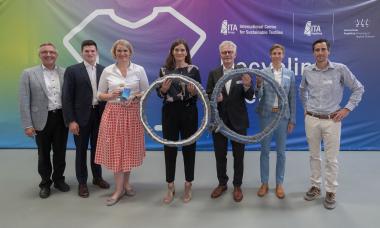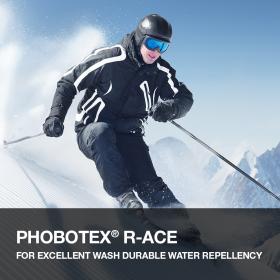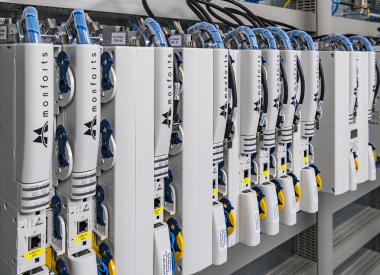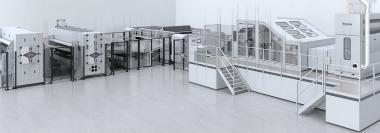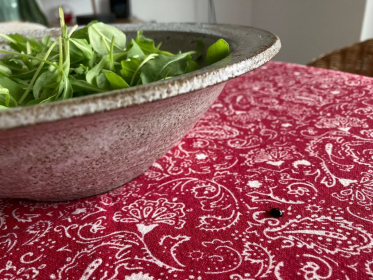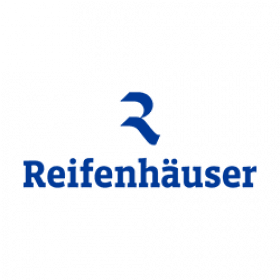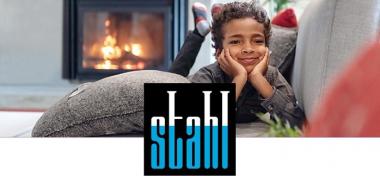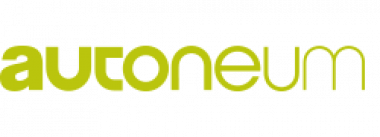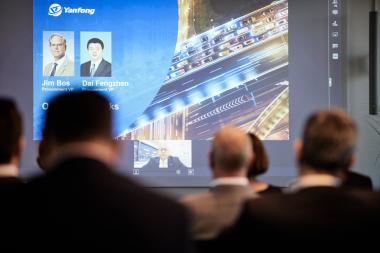Recycling Atelier in Augsburg eröffnet
- ITA Augsburg und Hochschule Augsburg setzen Modellfabrik zum nachhaltigen Stoffkreislauf im Rahmen des KI-Produktionsnetzwerks Augsburg um
Nur ein Prozent der Textilien wird aktuell im weltweiten Stoffkreislauf recycelt. Schnelllebige Modetrends, die ausgelagerte Unternehmensverantwortung und eine allgemein sinkende Rohstoffqualität befeuern diese Entwicklung. Das Recycling Atelier, das die Hochschule Augsburg und das Institut für Textiltechnik Augsburg (ITA Augsburg) eröffnet haben, stellt sich diesem Trend entgegen.
Das Recycling Atelier ist die erste Modellfabrik, die sich in Forschung und Entwicklung gemeinsam mit Partnern aus der Industrie dem nachhaltigen Stoffkreislauf entlang der kompletten textilen Produktionskette widmet.
Das Recycling Atelier bietet als erste Modellfabrik ein weltweit bisher einzigartiges Konzept für ein ganzheitliches Recycling von Textilien an. Die Wissenschaftler:innen von ITA und Hochschule forschen dort an sämtlichen Prozessschritten des Textilrecyclings: von der Materialanalyse, über die Sortierung, die Aufbereitung und die textile Verarbeitung, bis hin zur Produktgestaltung. Sie betreiben die Prozesse zunächst modellhaft mit dem Fokus auf einer sinnhaften Produktion, bevor dann die Skalierung auf einen industriellen Produktionsmaßstab erfolgt.
Die Schwerpunkte des Recycling Ateliers liegen auf der Entwicklung neuer Produkte und Prozesse für textile Sekundärrohstoffe und der Erarbeitung von Konzepten für das vollständige Verwerten von Alttextilien mit bestmöglicher Qualität sowohl durch integriertes und hochwertiges Recycling als auch durch kreislauforientiertes Produktdesign. Die Ergebnisse münden letztendlich im industriellen Einsatz von Recyclingkonzepten und schlagen die Brücke hin zu aktuellen Geschäftsmodellen.
Bei jedem Prozessschritt unterstützen Unternehmen aus der gesamten Wertschöpfungskette die Forschung und bringen die industrielle Sichtweise und Kompetenz ein. In einem großen Workshop-Areal bietet das Recycling Atelier in Kooperation mit internationalen Unternehmen die Möglichkeit, die Produkte der Firmen auf den Prüfstand zu stellen und im direkten Austausch neue Konzepte für eine nachhaltige Textilproduktion zu erarbeiten.
Der Augenmerk liegt vor allem auf dem Bereich der Digitalisierung: Durch eine hochwertige und moderne Erfassung, Aufbereitung und Auswertung von Daten sollen neue Produktionsprozesse ermöglicht werden. Dabei wird der Einsatz von Künstlicher Intelligenz im Bereich des maschinellen Lernens und der Neuronalen Netze für die Textilbranche erforscht.
Das Recycling Atelier ist ein Beitrag der Hochschule Augsburg und des ITA Augsburg zum KI-Produktionsnetzwerk Augsburg. Das KI-Produktionsnetzwerk Augsburg, eingerichtet von der Bayerischen Landesregierung, ist ein Verbund von zahlreichen KI-Kompetenzträgern im Großraum Augsburg. Verbundpartner sind die Universität Augsburg, das Fraunhofer-Institut für Gießerei-, Composite- und Verarbeitungstechnik IGCV, das Zentrum für Leichtbauproduktionstechnologie (ZLP) des Deutschen Zentrums für Luft- und Raumfahrt (DLR) in Augsburg sowie die Hochschule Augsburg. Beteiligt sind zudem auch regionale Industriepartner. Ziel ist eine gemeinsame Erforschung KI-basierter Produktionstechnologien an der Schnittstelle zwischen Werkstoffen, Fertigungstechnologien, datenbasierter Modellierung und digitalen Geschäftsmodellen.
Recycling Atelier RWTH Aachen, ITA, Textiltechnik Kreislaufwirtschaft Digitalisierung
Hochschule Augsburg/ITA Augsburg


